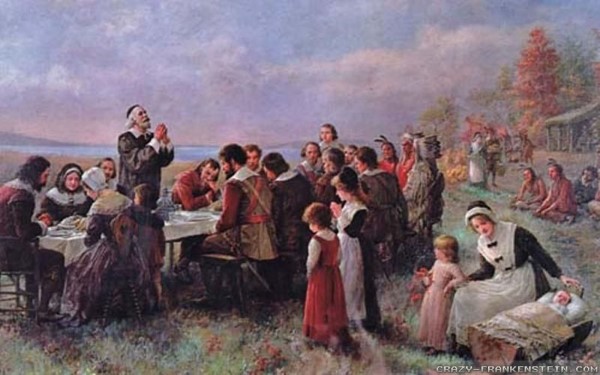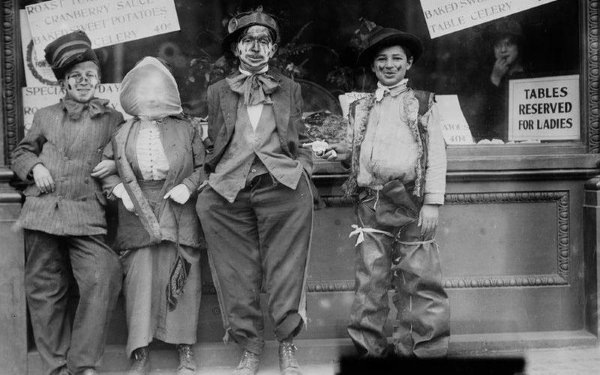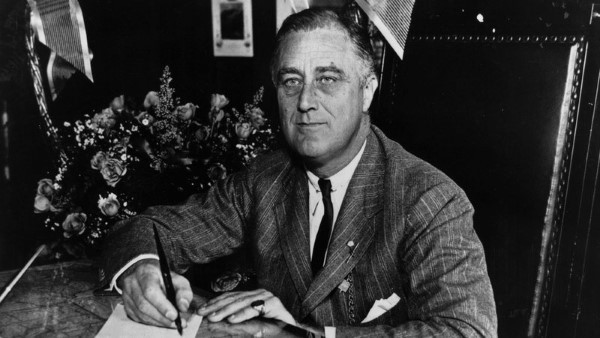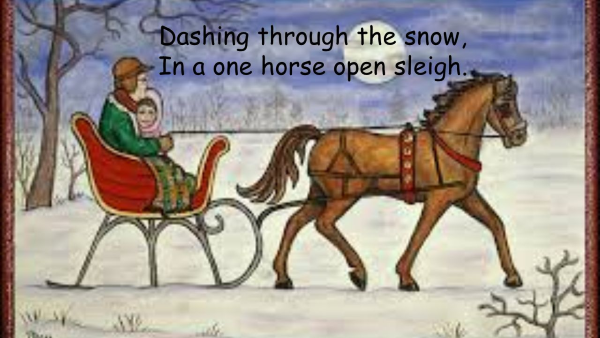
The holiday season is upon us once again, this time in one of the strangest years in contemporary history.
Since this is such a weird year and Thanksgiving is coming, let’s take a look at how weird Thanksgiving really is. Before I get into the weirdness, we’ll set the backdrop with a little history.
– As most of us learned from grade school history class, the first Thanksgiving was celebrated in 1621 over a three-day harvest festival. It included 50 Pilgrims and 90 Wampanoag Indians, and lasted three days.
– The Continental Congress declared the first Thanksgiving in 1777, but the custom fell out of use around 1815.
– Abraham Lincoln proclaimed Thanksgiving a national holiday on Oct. 3, 1863.
– Turkey didn’t become a staple of Thanksgiving until after Lincoln declared it a holiday.
– The first Thanksgiving did not include turkey; although the Pilgrims did actively hunt and eat turkey, its not believed that they consumed turkey during the celebration. Instead, venison, duck, goose, oysters, lobster, eel and fish were likely served at the first feast, alongside pumpkins and cranberries (but not pumpkin pie or cranberry sauce!). Someone please take an eel pie to the in-laws this year and report back to us how that goes over.
– The first Thanksgiving wasn’t considered a Thanksgiving celebration in the sense we know it today; it was a celebration of a successful harvest. That makes more sense in the time frame of that day. The bounty of the harvest could literally mean the difference between life and death to the Pilgrims or the Indians. It wasn’t until the 1830s that this event was called Thanksgiving by New Englanders, who looked back and thought it resembled their version of the holiday.
– There is no direct evidence it was either the Pilgrims or Wampanoag Indians who extended the invite to the other to celebrate the harvest together or even if it was a common practice. So whomever came up with the idea is lost to history, but their idea has endured more than 400 (non-consecutive) years.
– The tradition of football on Thanksgiving began in 1876 with a game between Yale and Princeton. The first NFL games were played on Thanksgiving in 1920.
Now, let’s get to the weird . . .

A Blurred Line Between Halloween and Thanksgiving
In the early part of the 20th century, Ragamuffin Day was a celebration as part of Thanksgiving, which involved children going door-to-door seeking candy, dressed as beggars and homeless residents of New York. Ragamuffin Day was a predecessor to Halloween, which rose in popularity in the 1940s and 1950s.

Mary Had a Little Thanksgiving
Sarah Josepha Hale, who wrote the very popular children’s poem “Mary Had A Little Lamb,” is also known as The Mother of Thanksgiving.
A lifelong advocacy for the equal treatment of women led her to an editorship at Godey’s Lady Book, which was very influential in her day. While at Godey’s, Hale often wrote editorials and articles about the holiday and she lobbied state and federal officials to pass legislation creating a fixed, national day of thanks on the last Thursday of November. She believed that such a unifying measure could help ease growing tensions and divisions between the Northern and Southern parts of the country.
Her efforts paid off: By 1854, more than 30 states and U.S. territories had a Thanksgiving celebration on the books, but Hale’s vision of a national holiday remained unfulfilled until the midst of the Civil War and many thousands of lives were already lost.

Thanksgiving Date Controversy
Thanksgiving became an annual custom throughout New England in the 17th century, and in 1777 the Continental Congress declared the first national American Thanksgiving following the Patriot victory at Saratoga. In 1789, President George Washington became the first president to proclaim a Thanksgiving holiday when, at the request of Congress, he proclaimed Nov. 26—a Thursday—as a day of national thanksgiving for the U.S.
As aforementioned, it was Honest Abe that made it an official holiday in 1863 and declared Thanksgiving to officially fall on the last Thursday of November. With a few deviations, Lincoln’s precedent was followed annually by every subsequent president—until 1939. In 1939, Franklin D. Roosevelt departed from tradition by declaring Nov. 23, the next-to-last Thursday that year, as Thanksgiving Day. Considerable controversy surrounded this deviation, and some Americans flat-out refused to honor Roosevelt’s declaration. For the next two years, Roosevelt repeated the unpopular proclamation, but on Nov. 26, 1941, he admitted his mistake and signed a bill into law officially making the fourth Thursday in November the national holiday of Thanksgiving Day.
In 1939 FDR, under pressure by prominent retailers wanting to get the jump on Christmas profits, changed the day to the third Thursday in November. It seems that in those days it was in bad taste to start brow-beating us with Christmas before Thanksgiving. (Hmm, I wonder what that generation would have thought of Black Friday or standing in line in the cold outside Walmart, waiting to trample over the slow or weak to get 25 percent off a video game?) He was immediately met with opposition (and, ironically enough, was compared to Adolf Hitler) and several states refused to honor the new date. Those opposed to the new date dubbed it Franksgiving. The holiday remains the fourth Thursday in November to this day. Today’s retailers survived missing out on this week by putting out Christmas merchandise in mid-September.

Jingle Bells Was Originally Written for Thanksgiving
Have you ever thought about the fact that the Christmas song “Jingle Bells” never refers to Christmas? Well, that is because it’s not a Christmas song—it is a Thanksgiving song. Story has it that, in 1850, James Lord Pierpont was at the Simpson Tavern in Medford, Massachusetts, and was inspired by the town’s famous sleigh races. So, he plucked out a little tune on the piano. Other origin versions have it that he penned the song in Savannah, Georgia, while experiencing his first snowless winter. Supposedly he wrote the song to be sung at Thanksgiving, not Christmas. Needless to say, it was a hit with both children and adults, and the lyrics were later slightly altered to be sung around Christmas.
2020 has been a tumultuous year and many have suffered in some form or fashion. I think it’s worth mentioning here that we should remember first and foremost those who lost their lives to this pandemic and then those who suffered in other ways: grief over lost loved ones, losing an academic year out of their lives, those cheated out of their senior year, not being able to walk the stage and get a diploma, closed churches, cancelled sports events and major concerts, loss of work in jobs dealing with the public, and nationwide isolation, just to name a few. Reportedly there have been over 200,000 deaths caused by this disease.
Although life will never be completely the same as it was before the pandemic, I predict it will eventually get back to normal. Until then, I think this is a time to be a little weird, maybe create some new holiday traditions with close family. Maybe this year would be a good time to slow down the Christmas rush and spend more time at home. Plan family game times or movie nights, or help the kids make Christmas ornaments instead of buying them. I certainly don’t intend to intrude on any holiday ritual you may already have. It just seems to me that this is a weird year, so why not get outside the box a little bit as a way of fighting back?
Whatever you do, be safe, be well, have a Happy Thanksgiving, a Merry Christmas, and survive a great new year!













